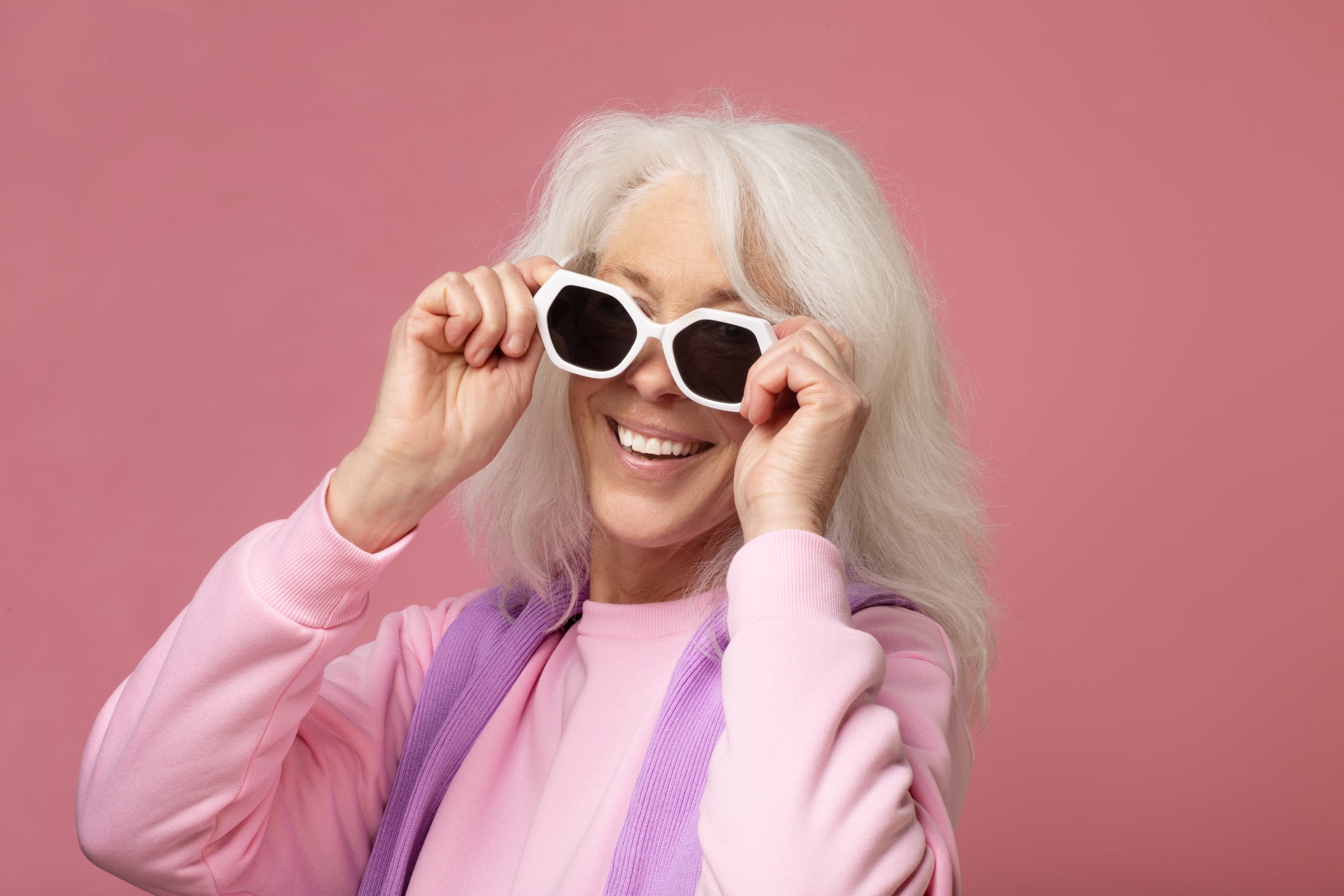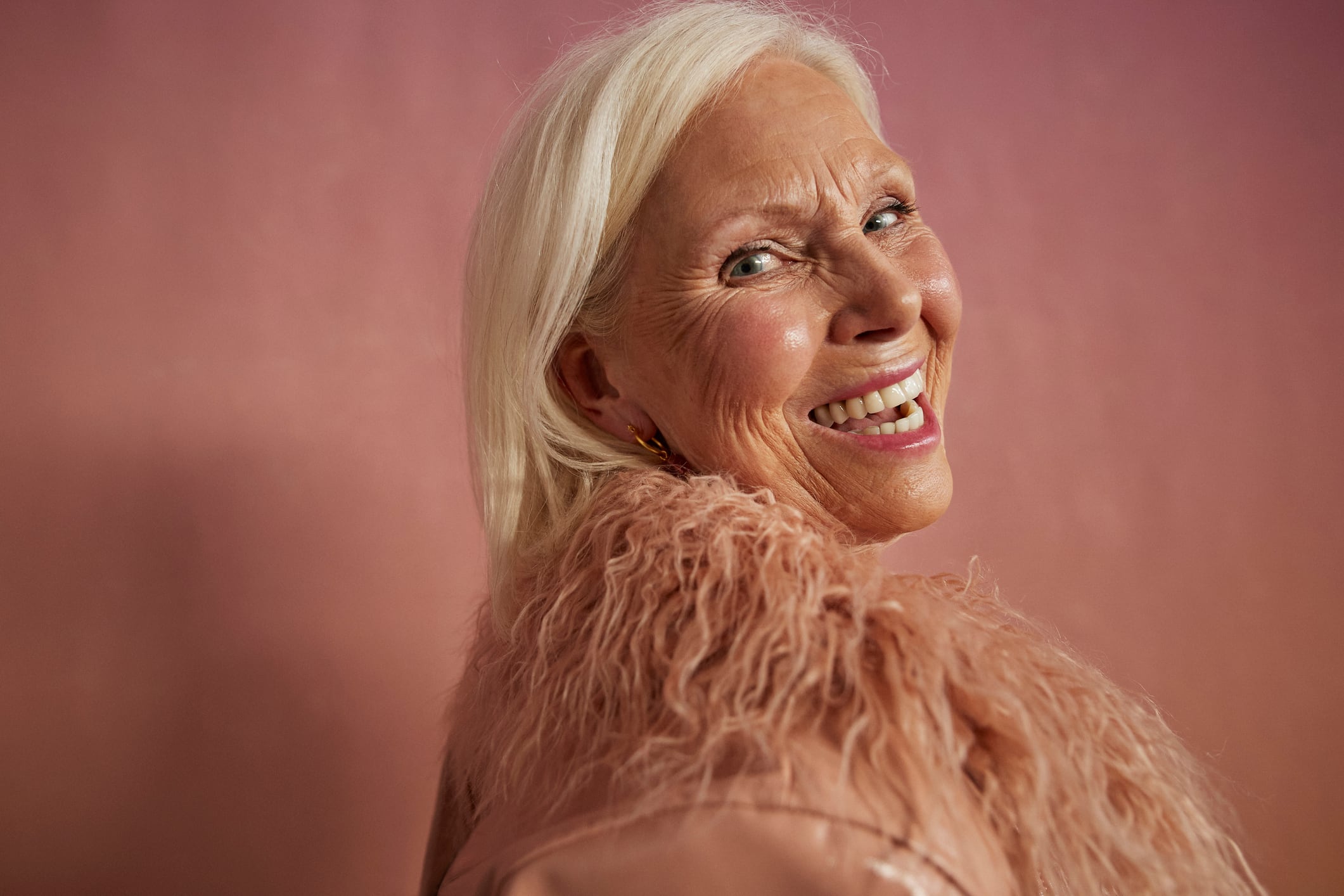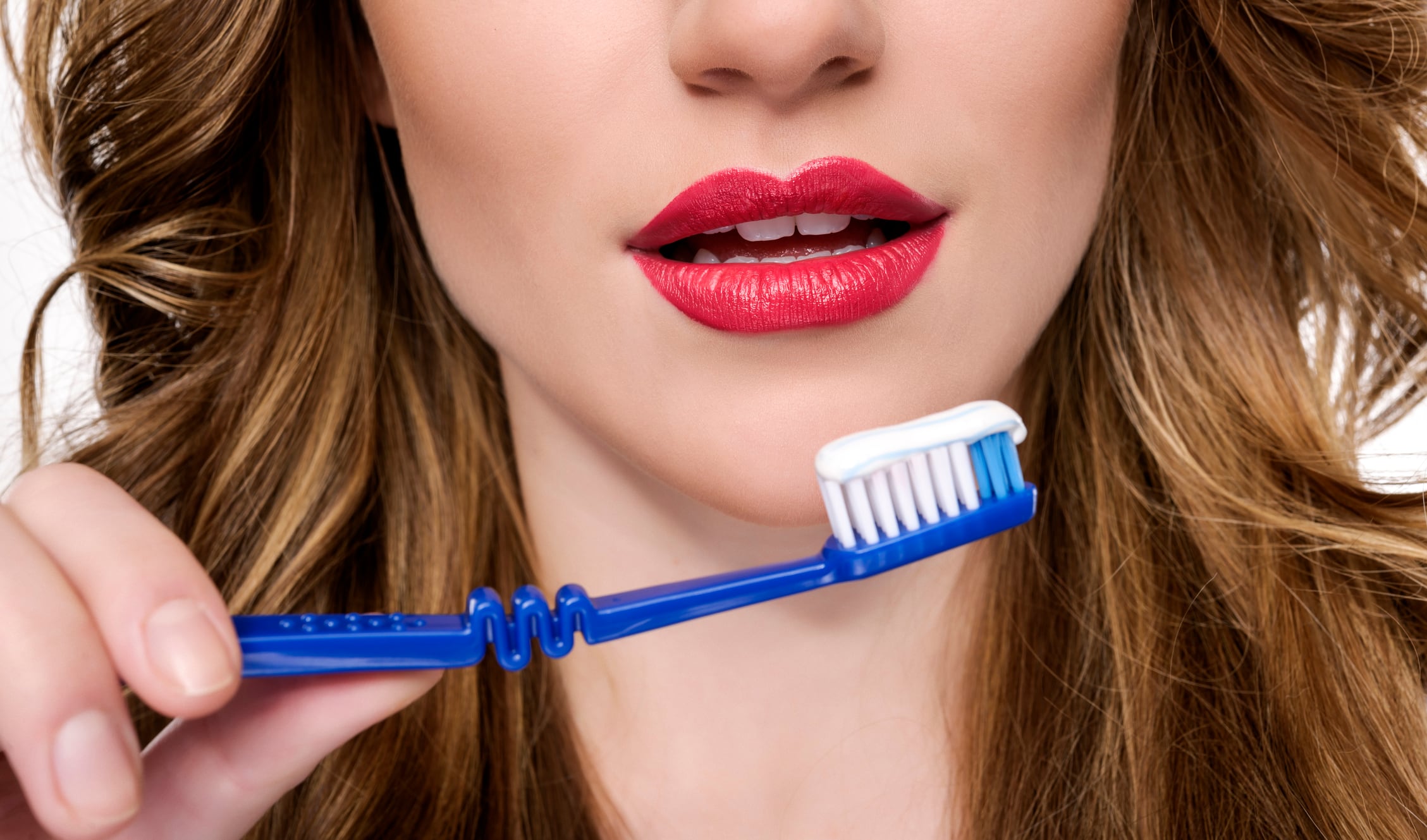Health has become the new wealth and over the past year, the ‘prejuvenation’ movement has overtaken the traditional concept of anti-ageing in the beauty industry, with a growing number of brands innovating in this space.
According to Rosalia di Gesu, Associate Director for Beauty and Personal Care at market intelligence firm Mintel, data shows that more consumers are adopting a holistic and preventative approach to ageing.
In an interview with CosmeticsDesign-Europe earlier this year, Di Gesu said people are increasingly understanding that how well they age is related to their lifestyle, and she highlighted that beauty supplements are a growing area of longevity innovation.
“Late last year, I started to see many more kinds of disruptive beauty supplement innovations that explored the topic of longevity and focused more on biological age, and some of these were showcasing disruptive ingredients like NAD+,” she said. “So, this, for example, is an exciting space to watch.”
With longevity-based skincare in the spotlight, there is huge future potential for bioactives in the cosmetics field. However, this also opens brands up to greater scrutiny—after all, seeing is believing when it comes to ageing and skin.
This November, CosmeticsDesign-Europe will join its sister title NutraIngredients for the Nutra Healthspan Summit, which will delve deeper into the longevity-skincare category. The event will explore future opportunities and address pressing questions, such as: How can brands ensure they deliver on the promise of healthy skin ageing?
Estée Lauder Companies and sirtuins
At the summit, Dr Rishabh Kala, Director of Advanced Technologies at Estée Lauder Companies, will share insights into the brand’s longevity research.
For the past 15 years, the beauty multinational has invested in longevity science and believes that the key to activating skin longevity lies in sirtuins.
According to Estée Lauder Companies, sirtuins are a family of seven proteins found naturally in skin cells. “These specialised longevity proteins form a vital network in skin, fuelling youthful skin cell activity,” the company stated. “Research suggests that activating or ‘turning on’ sirtuins is associated with certain youthful skin cell activities. This can help reverse signs of ageing so that skin is firmer, smoother, and looks and feels younger.”
The company’s research shows a clear connection between sirtuins and the visible signs of ageing. As we age—and as skin is exposed to environmental stressors—sirtuin activity diminishes or ‘goes dark’. This can result in dullness, loss of firmness, visible lines and wrinkles, and other signs of ageing.
L’Oréal Group and longevity innovation
French multinational L’Oréal Group has also heavily invested in skin longevity science, and we will be joined by an expert from the company.
In March this year, it partnered with leading epigenomics testing company TruDiagnostic to explore the connection between beauty indicators and changes in epigenomic markers. The firm stated that it plans to develop advanced products that promote long-term skin and hair health, aiming to “trigger the hallmarks of longevity activation, moving towards long-term skin and hair health management.”
It noted that by focusing on the science of epigenetics, the two companies intend to develop “groundbreaking solutions that enhance beauty from within, providing consumers with holistic approaches to skin care and hair care.”
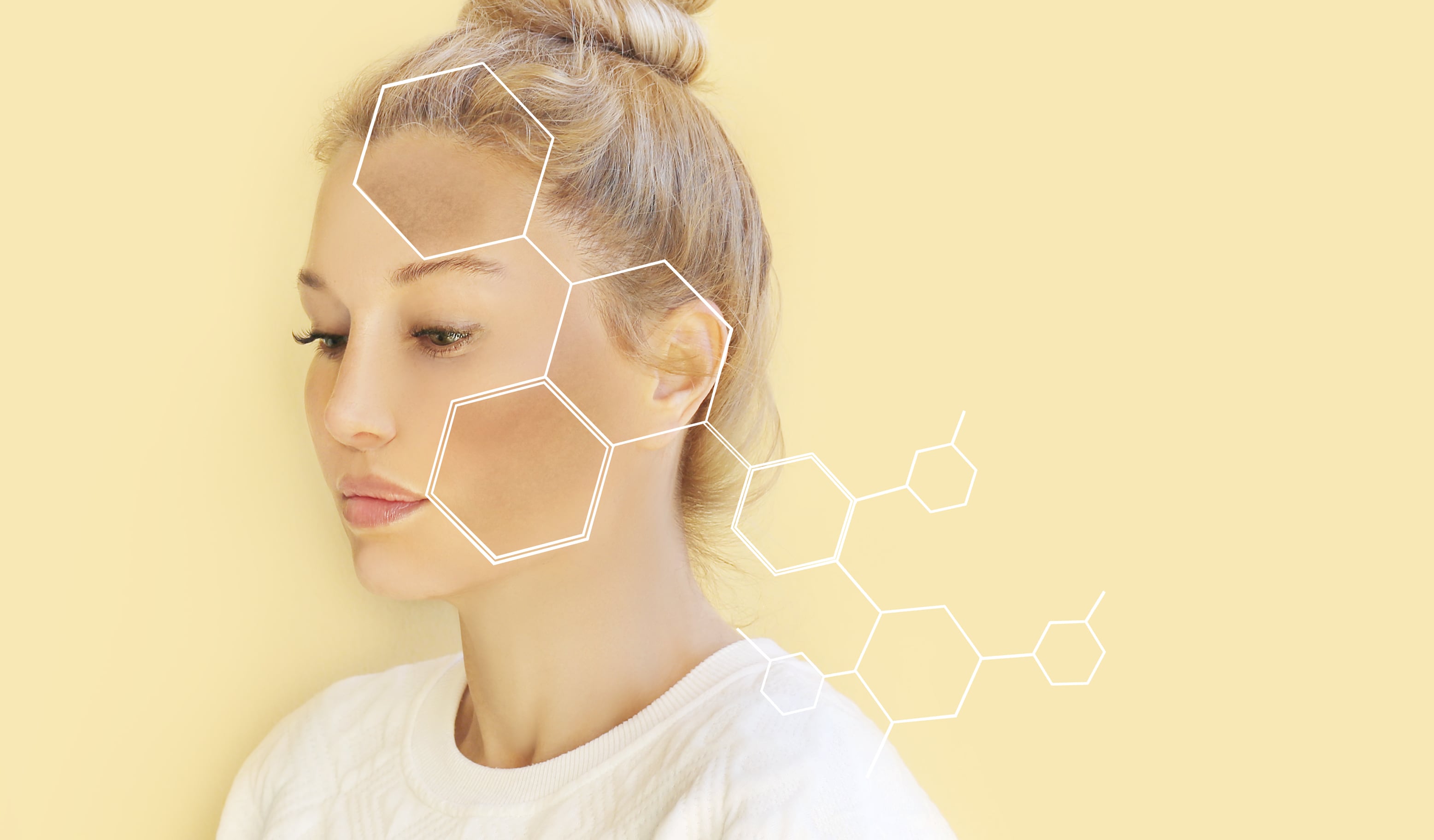
Earlier this year—in January, at the IMCAS 2025 conference in Paris—L’Oréal Group unveiled more about the work taking place behind the scenes in its Longevity Integrative Science division.
This new approach to anti-ageing science explores how mechanisms within the human body affect the skin’s age and appearance, aiming to uncover the skin’s biological age rather than its chronological age.
The company explained that this offers a multitude of benefits, including the ability to determine how fast skin is truly ageing, to recommend the right products to slow the ageing process, and to inform beauty consumers which active ingredients will be most effective for their skin.
The hallmarks of ageing & scientific biomarkers
L’Oréal’s Longevity Integrative Science is based on nine hallmarks of ageing, described as “nine interconnected biological mechanisms activated by the science of biomarkers.”
The scientific research is built around its technology innovation, the Longevity AI Cloud, which it says provides “a map of 267 biomarkers that enables us to create three intervention models and extend ‘skin healthspan’ in ways we never could before.”
Luc Aguilar, Research Director for Microbiome and Exposome at L’Oréal R&D, explained that this is still a relatively new area of research and highlighted that there are “a host of biomarkers and interventions” in this space.
“Based on predictions, your biological status can forecast your skin trajectories as a result of the damage you’ve accumulated over the years,” he said. “Now you can change your biological age and delay the ageing process.”
Aguilar likens this to “a clock that shows what stage you should be at what age,” adding that “the clock for biological age doesn’t always have to correlate with chronological age.”
In January 2025, at the Consumer Electronics Show, L’Oréal also introduced its new concept: CellBioPrint, which provides personalised skin analysis in just five minutes using advanced proteomics—the study of protein composition in the human body that impacts the signs of ageing. This innovation reveals the skin’s biological age and can be used to provide recommendations for slowing the ageing process.
Aguilar emphasised that L’Oréal cannot do this alone and needs partners to achieve the best outcomes. One such partner is Swiss biotech company Timeline, which targets mitochondrial health to boost skin healthspan and longevity using urolithin A (Mitopure).
Mitopure, a postbiotic that targets age-related decline at the cellular level, was developed in collaboration with the Swiss Federal Institute of Technology in Lausanne (EPFL).
According to Amazentis/Timeline—who will also join us at the Summit—this is the first postbiotic nutrient “shown to trigger a crucial recycling process within our cells called ‘mitophagy’, targeting age-related cellular decline.”
Mitochondria provide much of the energy needed for skin to fight ageing, but over time, dysfunctional mitochondria lead to reduced energy production, cellular decline, and visible signs of ageing such as sagging, dullness, wrinkles, and a weakened skin barrier.
The company says that “mitophagy cleans up defective mitochondria and allows them to repair themselves and improve their performance. This recycling and cleansing mechanism is proven to provide valuable health benefits.”
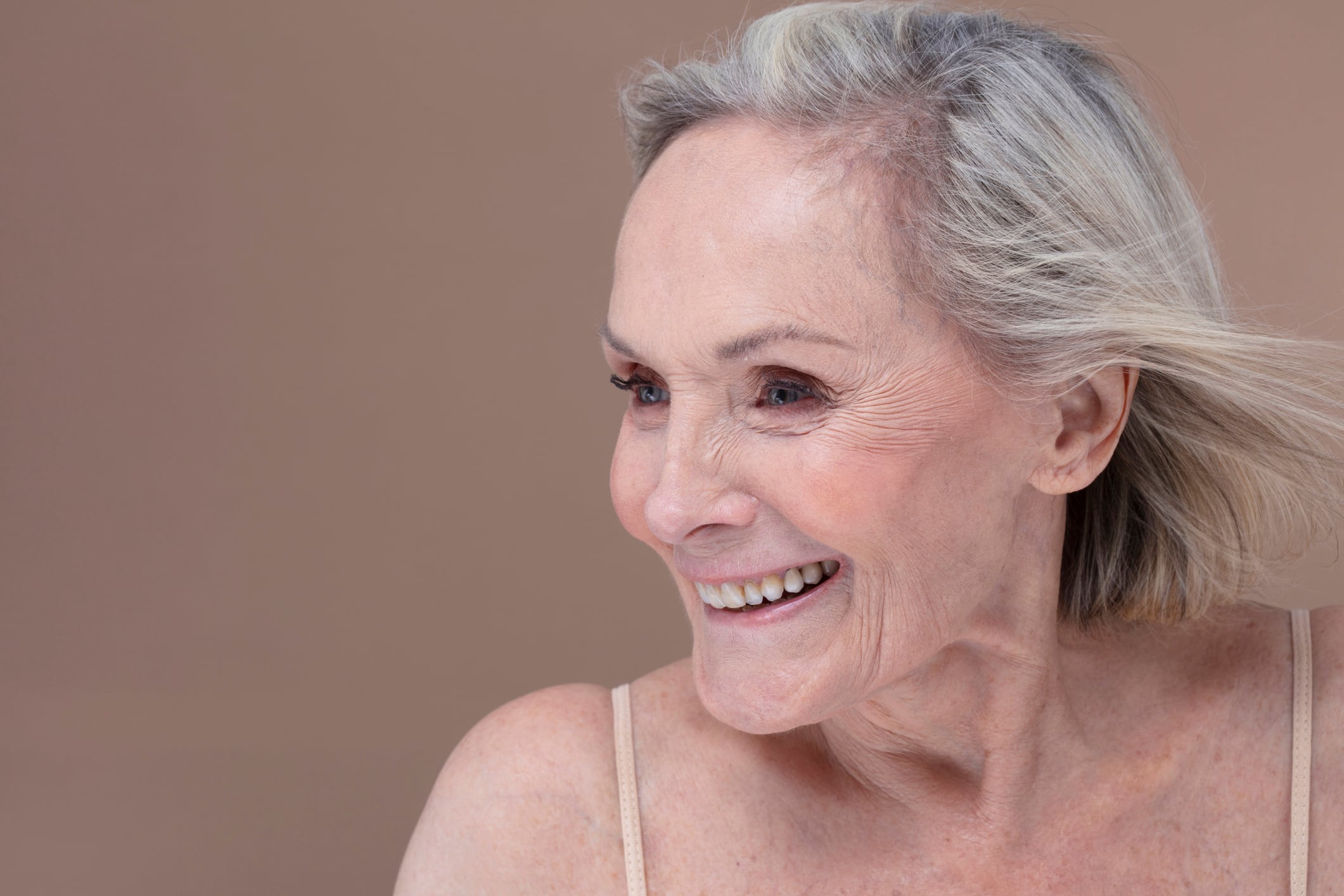
Clinically-backed anti-ageing peptides
At the Summit, we will also hear from Dr Andrew Franklyn-Miller, Chief Medical and Innovation Officer at Nuritas—a Dublin-based biotech company that launched the world’s first AI-discovered anti-ageing peptide. The innovation has been clinically tested over 28 days in a 40-person double-blind placebo trial, which revealed that it can reduce the appearance of wrinkle depth, smooth the skin, reduce roughness, and support collagen production.
AI-powered insights on consumer trust in longevity
We will also be joined by pharmacist and scientist Dr Sybille Buchwald-Werner, owner and CEO of Newday, a consultancy for transformative business and leadership.
Dr Buchwald-Werner will present findings from an AI-powered consumer insight study conducted across five European countries, exploring how people define and trust visible longevity in skincare. The study examines preferred claims, active ingredients, and language, alongside applied measures to determine skin properties and biological age. These findings offer early guidance for brands seeking to align appearance-based results with deeper healthspan indicators.
Want to join us for the Summit? Find out more and take advantage of our Early Bird discount here.


